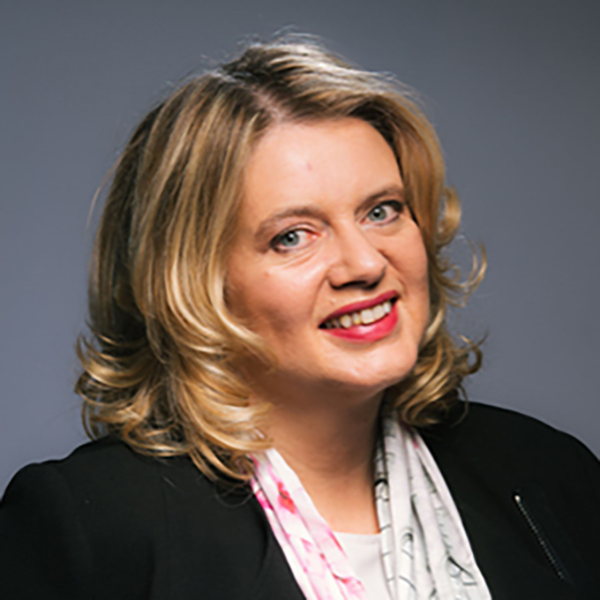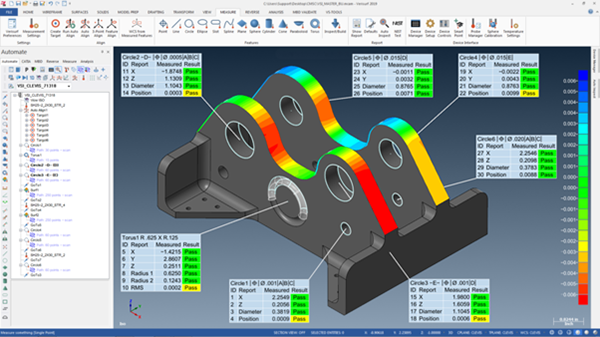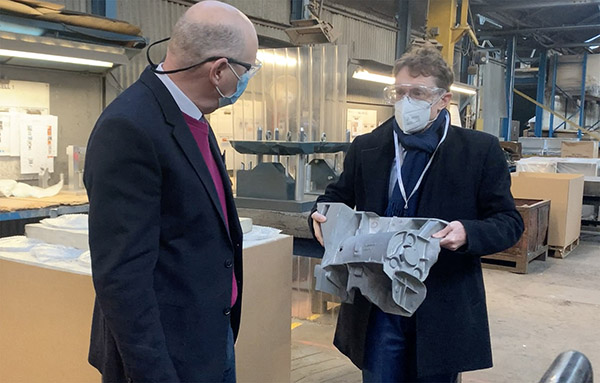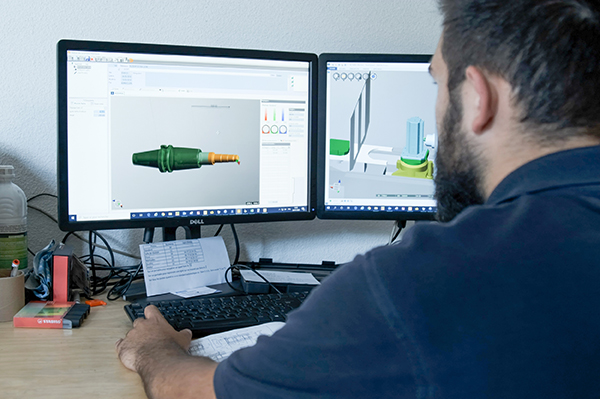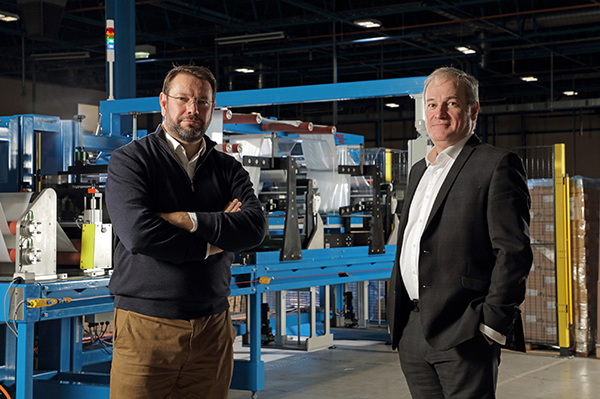
Bowers Group is introducing the latest Verisurf 3D CAD inspection software into the UK and Ireland marketplace. Offering a direct connection to Trimos portable arms and the C-Line series of portable CMMs, Verisurf software provides a 3D measurement platform for manufacturing inspection and reverse engineering.
Verisurf 3D metrology applications support quality inspection to verify design intent, but also find favour for tool building, guided assembly and more. The software allows manufacturers to overcome many challenges, such as complying with customer quality requirements, confirming conformance to design specifications, and automating and verifying the manual inspection process.
Notably, the software increases the CAD inspection capability of the Trimos Arm, alongside the ability to offer Trimos Arm 3D laser-scanning solutions that were previously unavailable. Verisurf can also build a CAD model from a physical part with its reverse-engineering capabilities, and is composed of integrated metrology modules available in specific combinations or single product suites.
Verisurf uses a windows-standard interface and opens all popular CAD file formats, as well as working with all CMMs, including portable arms, laser trackers and projectors, scanners, and photogrammetry systems.
The Inspection Suite is cost-effective and simple to expand as needs increase. With its easy-to-learn and easy-to-use interface, the software enables users to quickly verify finished parts against normal 3D data or blueprints. Complete first-article inspection also supports the generation of meaningful reports in seconds, using a variety of business presentation formats.
The 3D Scanning & Inspection suite integrates Verisurf’s CAD, measure and analysis modules, while the proprietary CAD-based architecture can read any file format, interoperate with any common portable CMM, and has flexible reporting capabilities.
For further information
www.bowersgroup.co.uk







